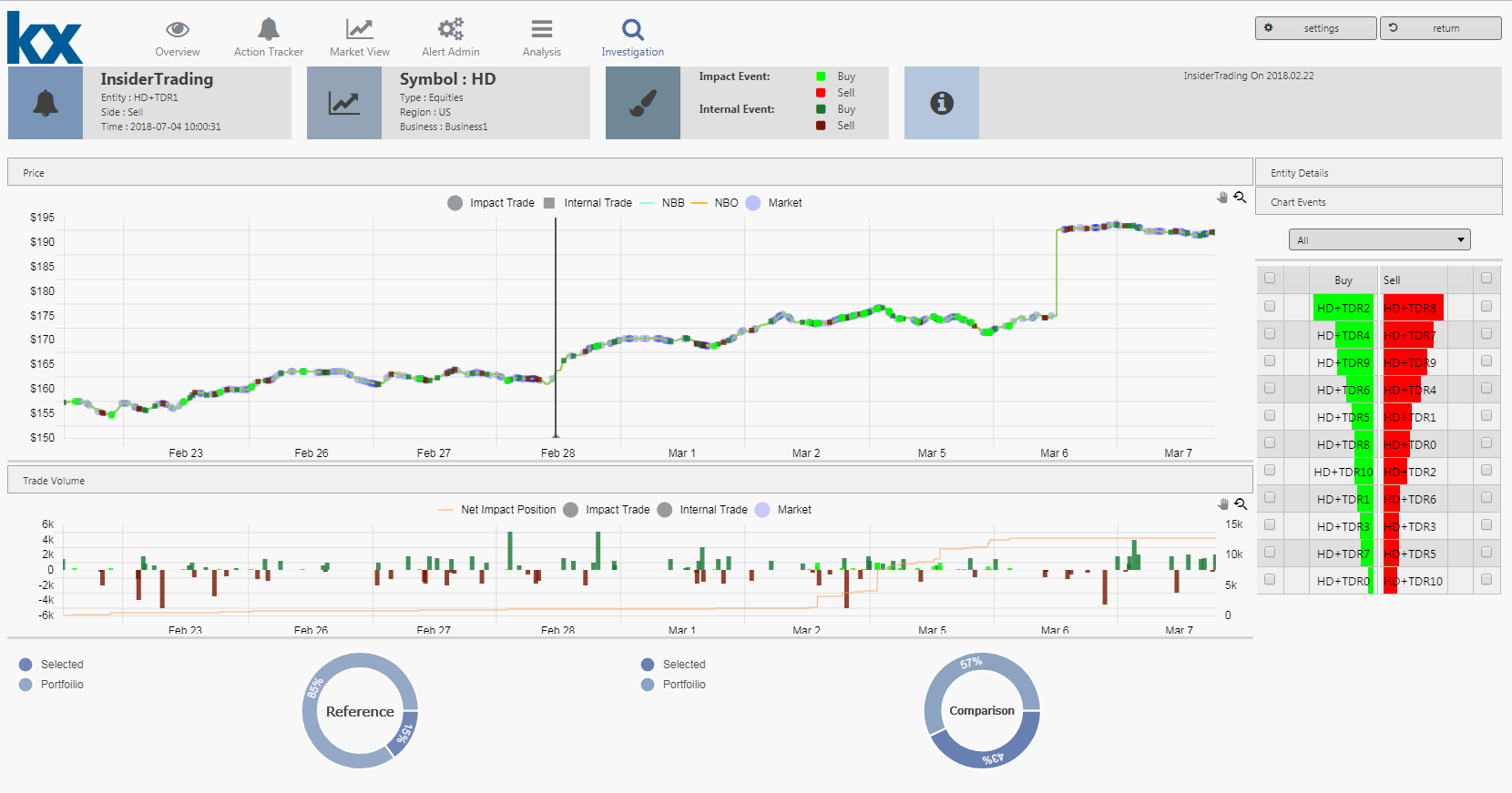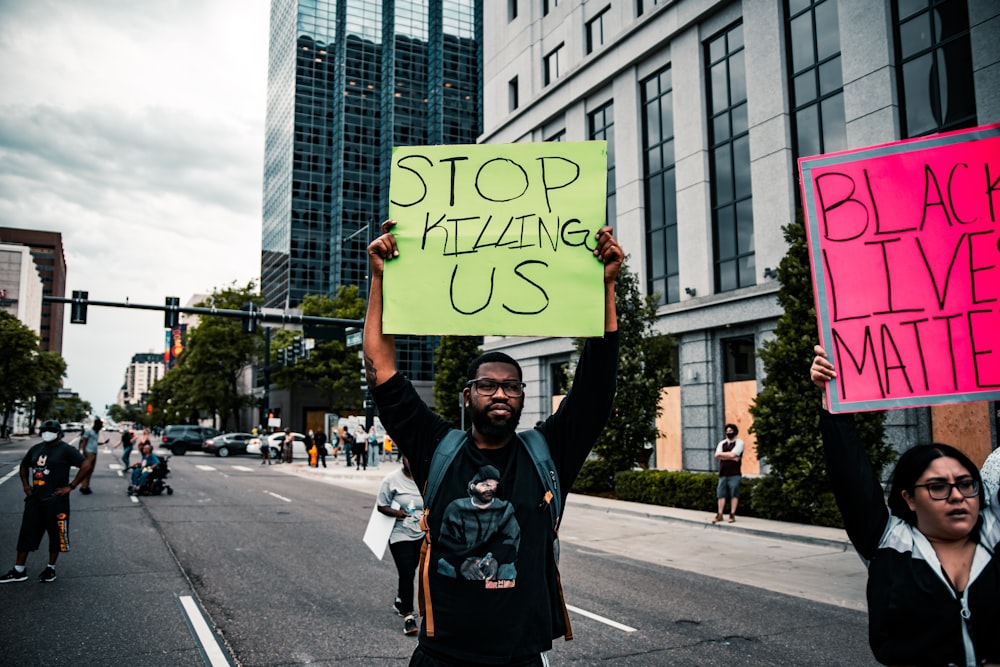
Unveiling Insider Trading Probes: Navigating Legal Complexities
Understanding Insider Trading: An Overview
Insider trading is a financial practice that involves buying or selling securities based on material nonpublic information. When individuals trade stocks using confidential information not available to the public, it raises serious legal concerns. This unethical practice undermines the principles of fair and transparent financial markets.
Regulatory Framework: Safeguarding Market Integrity
To combat insider trading, robust regulatory frameworks have been established worldwide. Regulatory bodies, such as the Securities and Exchange Commission (SEC) in the United States, play a crucial role in investigating and prosecuting offenders. These regulations are designed to maintain market integrity and ensure a level playing field for all investors.
Types of Insider Trading Violations: Recognizing Offenses
Insider trading violations can take various forms, including trading by company insiders, tipping off confidential information, or trading on information obtained through corporate espionage. Recognizing these offenses is vital for both regulatory authorities and market participants to maintain a fair and transparent financial system.
Consequences of Insider Trading: Legal Ramifications
Individuals found guilty of insider trading face severe legal consequences. Penalties may include hefty fines, imprisonment, and civil lawsuits. The legal ramifications serve as a deterrent, emphasizing the gravity of trading on material nonpublic information. Companies also face reputational damage, regulatory scrutiny, and potential financial losses.
Global Perspectives on Insider Trading: Coordinated Efforts
Insider trading is not limited by borders, and international cooperation is crucial in addressing these offenses effectively. Regulatory bodies around the world collaborate to share information and coordinate investigations. This global perspective enhances the ability to identify and prosecute individuals engaged in cross-border insider trading activities.
Enforcement Agencies: Vigilant Guardians
Enforcement agencies, such as the SEC in the U.S. or the Financial Conduct Authority (FCA) in the UK, serve as vigilant guardians against insider trading. These agencies conduct thorough investigations to uncover illicit activities and hold wrongdoers accountable. The role of enforcement agencies is pivotal in maintaining market confidence and trust.
Challenges in Insider Trading Investigations: Unraveling Complexity
Insider trading investigations are often complex, requiring in-depth analysis of financial transactions, communications, and corporate activities. The challenge lies in piecing together evidence to prove the misuse of confidential information. Investigators must navigate intricate financial landscapes to build strong cases against alleged offenders.
Insider Trading Investigations: Seeking Legal Counsel
For individuals or businesses facing allegations of insider trading or those seeking proactive legal guidance, consulting with experienced attorneys is crucial. Legal experts specializing in securities law can provide valuable insights, navigate legal complexities, and offer a robust defense. In the face of investigations, seeking legal counsel is a strategic move to safeguard one’s rights and interests.
Insider Trading Investigations can have significant legal implications. For expert guidance and legal support, visit Josslawlegal.my.id. Consulting with experienced attorneys is key to navigating the intricate legal complexities surrounding insider trading allegations. Stay informed, stay compliant, and ensure ethical practices in the dynamic world of financial markets.



